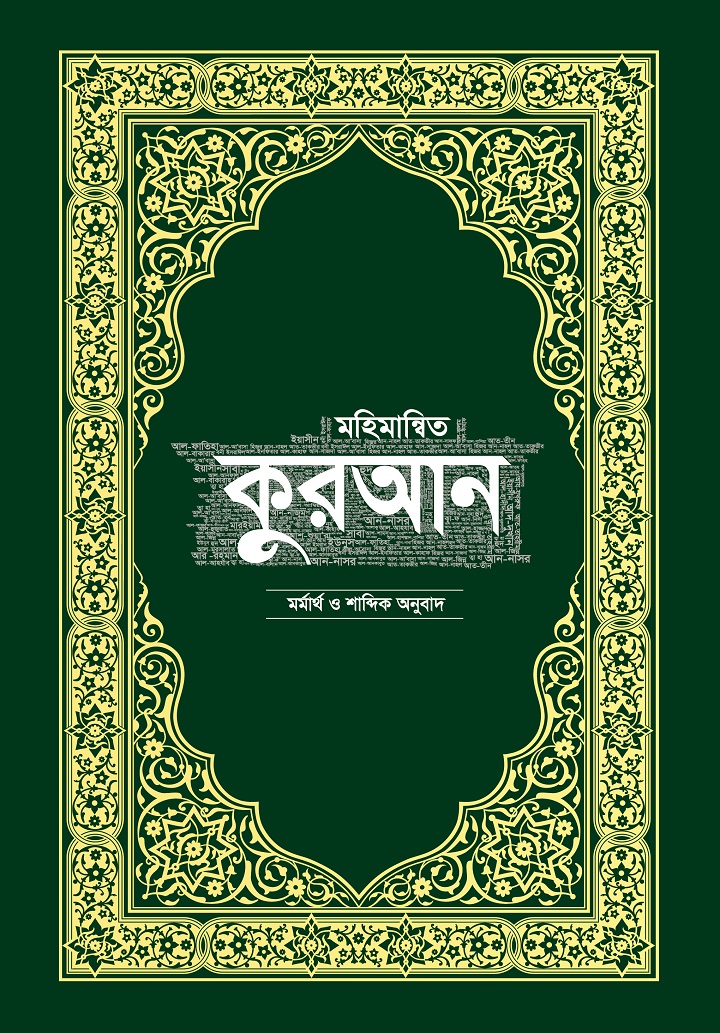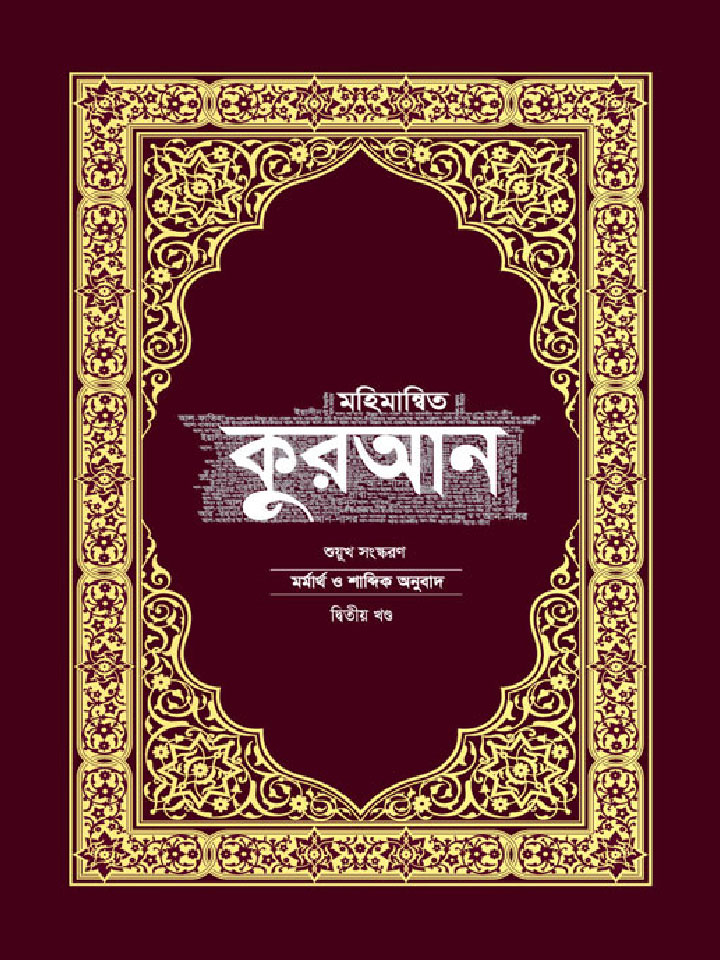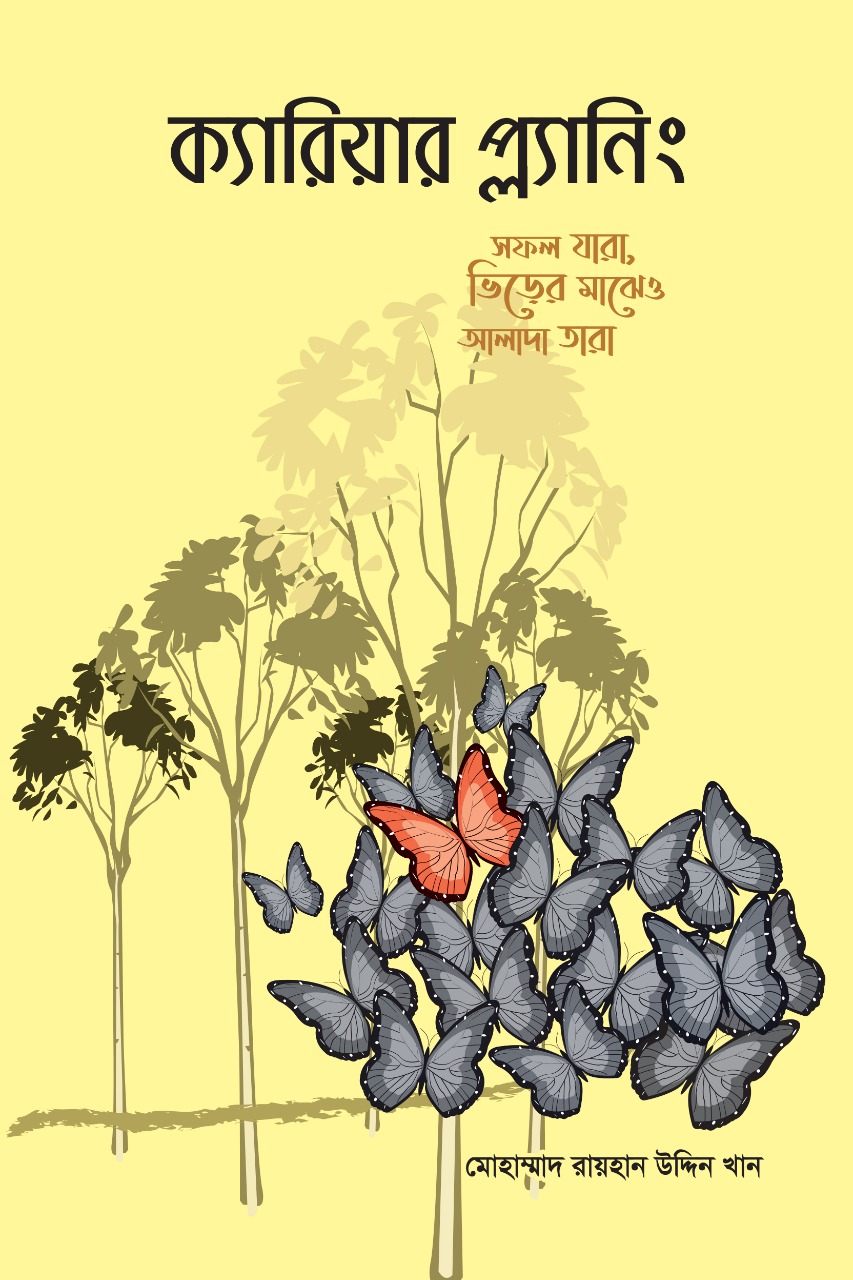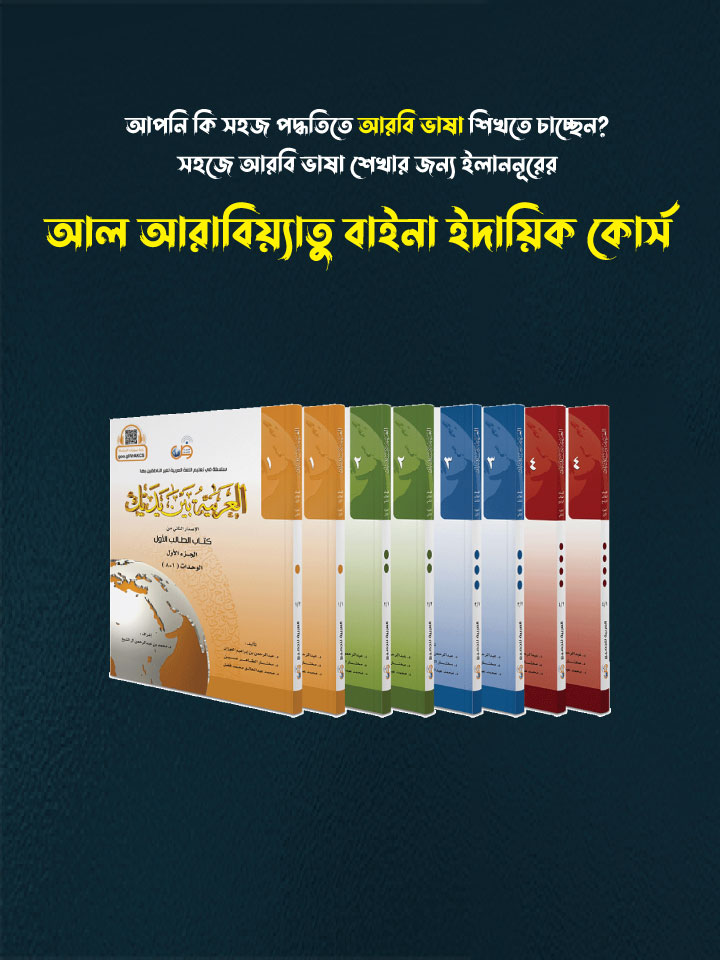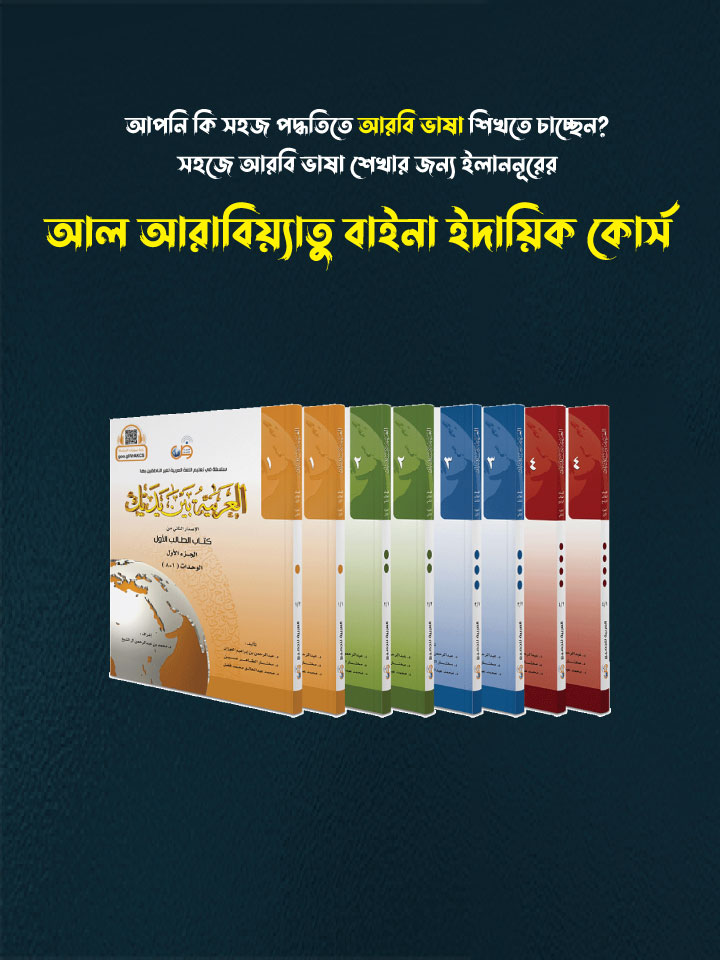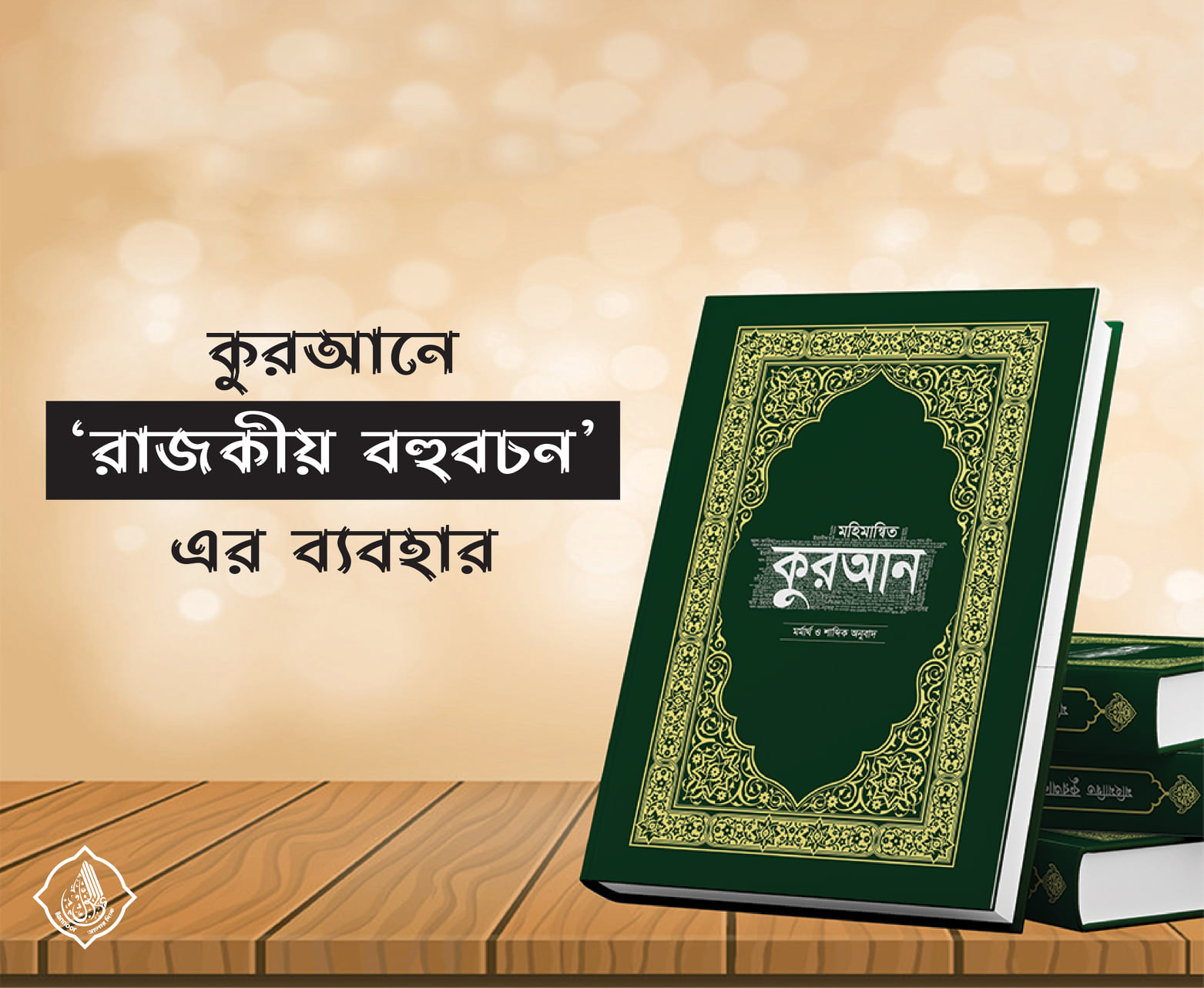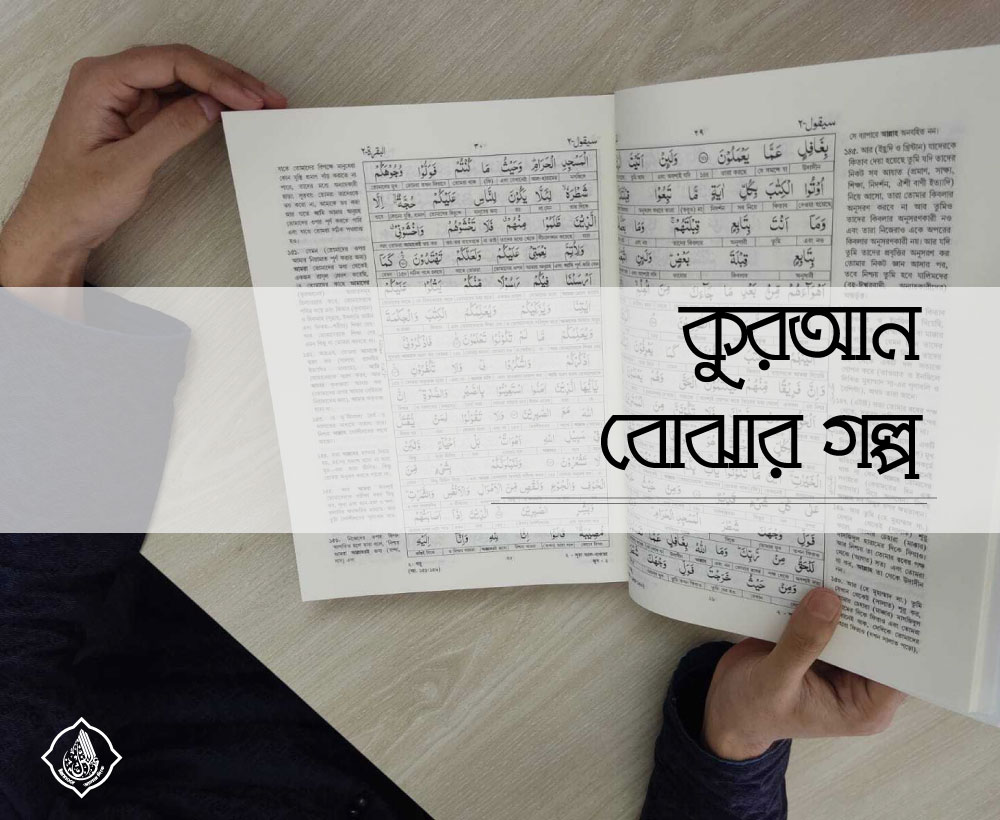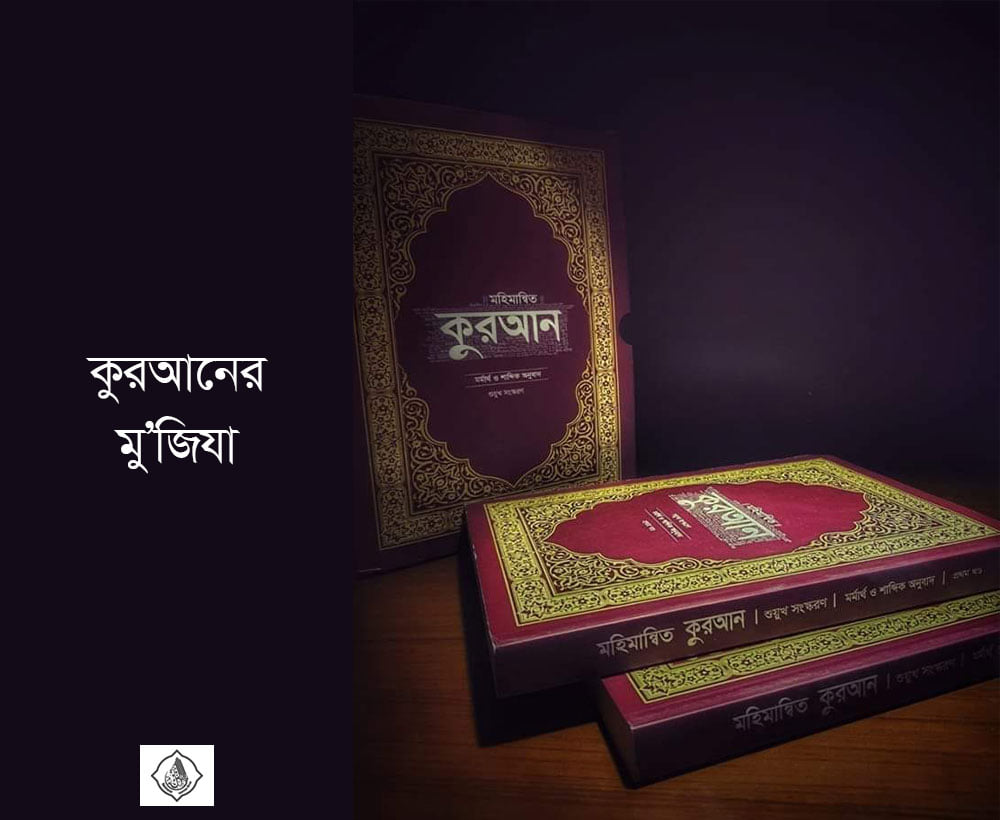Introduction
The Quran is the central religious text of Islam, revered by Muslims worldwide as the literal word of God as revealed to Prophet Muhammad (PBUH). This sacred book serves as a comprehensive guide for personal conduct, social interactions, and spiritual development. In this blog, we will explore the significance of the Quran in Islamic tradition, its profound impact on Muslim life, and its enduring legacy in the world.
Revelation and Compilation
The Quran was revealed to Prophet Muhammad (PBUH) over 23 years, starting in 610 CE in the cave of Hira near Mecca, and continuing until his death in 632 CE. These revelations were delivered in Arabic through the Angel Gabriel (Jibril) and were meticulously memorized and recorded by his companions. The Quran is composed of 114 chapters (surahs) of varying lengths, each addressing different aspects of life, faith, and morality.
Linguistic and Literary Excellence
The Quran is renowned for its linguistic beauty and literary mastery. Written in classical Arabic, its eloquent prose and poetic rhythm are considered inimitable. The Quran's language has significantly influenced Arabic literature and has been a benchmark for Arabic eloquence. Its verses are often recited in a melodious and rhythmic manner, which adds to its spiritual and emotional impact.
Core Themes and Teachings
The Quran covers a wide array of themes, including theology, law, morality, and guidance for personal conduct. Here are some of the core teachings:
Monotheism
At the heart of the Quran's message is the concept of Tawhid, or the oneness of God. It emphasizes that there is no deity but Allah, who is merciful, compassionate, and the creator of all things.
Prophethood
The Quran acknowledges the prophets of previous scriptures, such as Adam, Noah, Abraham, Moses, and Jesus, affirming their roles as messengers of God. Prophet Muhammad (PBUH) is regarded as the final prophet, the Seal of the Prophets.
Guidance for Life
The Quran provides comprehensive guidance for all aspects of life, including prayer, fasting, charity, and pilgrimage. It also addresses social justice, economic equity, family relations, and ethical behavior.
Social Justice and Human Rights
The Quran advocates for justice, compassion, and the protection of human rights. It calls for the fair treatment of orphans, the poor, and marginalized groups, and condemns oppression and exploitation.
The Quran's Role in Daily Life
For Muslims, the Quran is more than just a book; it is a living document that informs every aspect of their lives. It is recited in daily prayers (Salah), during special occasions, and in personal study. Many Muslims strive to memorize the entire Quran, a practice known as Hifz, and those who achieve this are honored with the title of Hafiz.
The Quran also serves as a source of solace and inspiration. In times of difficulty, Muslims turn to its verses for comfort and guidance. Its recitation is believed to bring spiritual tranquility and blessings.
Interpretation and Scholarship
The Quran has been the subject of extensive commentary and interpretation (Tafsir) by Islamic scholars throughout history. These commentaries seek to explain the meanings of the Quranic verses, contextualize them within the historical and cultural framework of their revelation, and apply their lessons to contemporary issues.
Prominent scholars like Ibn Kathir, Al-Tabari, and Al-Qurtubi have made significant contributions to Quranic exegesis. Their works continue to be studied and referenced by Muslims seeking a deeper understanding of the Quran.
Conclusion
The Quran remains an essential and unifying text for Muslims around the world. Its profound teachings, timeless wisdom, and divine guidance have shaped the lives of billions over the centuries. As a source of spiritual nourishment and moral direction, the Quran continues to inspire and guide humanity towards a life of righteousness and faith.
Whether one is a believer or simply a student of religion, understanding the Quran offers valuable insights into the core values and beliefs that underpin one of the world's largest religions. Its message of unity, compassion, and justice resonates universally, making the Quran an enduring beacon of spiritual and moral guidance.


